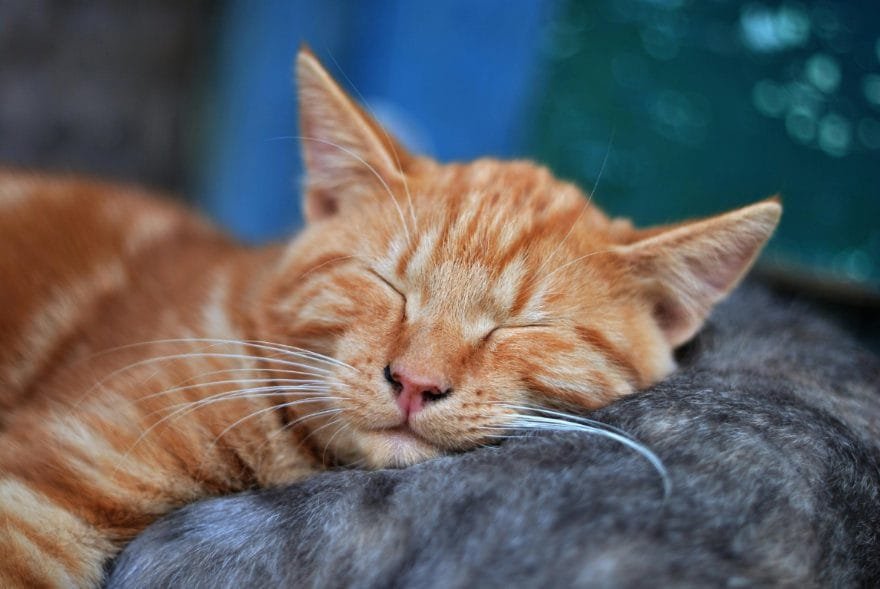Staying Lean and Healthy After 50: Essential Habits, Tools, and Supplements for Optimal Wellness

As we age, maintaining a lean and healthy body becomes more challenging but increasingly important. For those over 50, weight loss, muscle retention, and overall health are not just about looking good—they’re about feeling vibrant, energetic, and reducing the risk of chronic diseases. The good news? With the right habits, tools, and supplements, staying lean and healthy after 50 is entirely achievable. In this article, we’ll explore actionable strategies to help you thrive in your golden years.
1. Prioritize Strength Training for Lean Muscle Mass
One of the most effective ways to stay lean after 50 is to incorporate strength training into your routine. As we age, we naturally lose muscle mass, which slows down metabolism and makes weight loss more difficult. Strength training helps preserve and build lean muscle, boosting your metabolic rate and supporting healthy weight management.
Because our lower body muscles are more important especially when we age, we want to train our lower body more than upper body. We want to work on our legs and thigns and inner muscles to increase our metabolism. The more muscles we have on our lower body and inner muscle, the more calories we burn, helping lose weight and stay lean. So, let’s make it a daily habit to train our lower body.
Aim for 2-3 strength training sessions per week, focusing on compound movements like squats, lunges, and planks. Resistance bands and dumbbells are excellent tools for home workouts.

2. Embrace a Balanced, Nutrient-Dense Diet
Nutrition plays a pivotal role in staying lean and healthy after 50. Focus on whole, nutrient-dense foods that support weight loss, energy levels, and overall health. Prioritize lean proteins, healthy fats, and fiber-rich carbohydrates to keep you full and satisfied.
So, what I try eating are whole foods and avoiding processed foods as much as possible For example, I would rather eat steamed rice over cooked pasta. I try my best getting high protein and low fat options. For example, I eat chicken breast without the skin. But some fats are good for us, which are monounsaturated fat and polyunsaturated fat. We can get them from olive oils, avocado, eggs, and oily fish such as salmon.
Key Foods to Include:
– Lean proteins: Chicken, fish, tofu, and legumes
– Healthy fats: Avocados, nuts, seeds, and olive oil
– Fiber-rich carbs: Quinoa, sweet potatoes, and leafy greens
But it is sometimes difficult to intake all the nutrients, especially vitamins, fibers, and others. We can always get help from supplements in this case to keep ourselves healthy.
Recommended multi vitamins for over 50s
Recommended Omega 3 fatty acids

3. Stay Hydrated and Limit Empty Calories
Hydration is often overlooked but is essential for weight loss and overall health. Drinking water can help control appetite, boost metabolism, and improve digestion. Additionally, limit empty calories from sugary drinks, processed snacks, and alcohol, which can sabotage your weight loss efforts.
When you wake up, the first thing you want to do is drink a glass of water to hydrate your body because you have lost a lot of water from your body during sleep. You also want to carry a reusable water bottle to stay hydrated throughout the day. You want to aim at getting 2 to 4 liters of water on a daily basis.
Recommended water bottle

4. Prioritize Sleep and Stress Management
Sleep and stress play a significant role in weight management and overall health. Poor sleep and chronic stress can lead to weight gain, increased appetite, and a higher risk of chronic diseases. Aim for 7-9 hours of quality sleep each night and incorporate stress-reducing practices like meditation, deep breathing, or journaling.
Create a bedtime routine to improve sleep quality, such as avoiding screens an hour before bed and keeping your bedroom cool and dark. What I do is to stop looking at a smartphone or PC to avoid getting blue light a few hours before going to bed. Because exposure to blue light can disrupt your circadian rhythm, your natural sleep-wake cycle, it may make it hard for you to fall asleep. Also, taking a bath or shower 90 minutes before bed can also improve your sleep. Please try it to see how better you can sleep.
5. Leverage Technology and Tools for Accountability
Staying on track with your health goals is easier with the right tools. Fitness trackers, smart scales, and nutrition apps can help you monitor your progress, stay accountable, and make informed decisions about your health.
I have been using an Apple Watch for about 8 years to keep track of my weekly exercises. I use the Workout app to measure my heart beat rate and calories burned. I don’t really trust it for its accuracy, but I just use it to keep myself motivated to do workouts and exercises on a daily basis. When I put it on my wrist, I feel motivated to do workouts no matter how low I am feeling.
Recommended Tools:
– Fitness trackers: Fitbit,
Apple Watch (if you use iPhone)
– Smart scales: Withings
Staying lean and healthy after 50 is about adopting sustainable habits, leveraging the right tools, and nourishing your body with the nutrients it needs. By prioritizing strength training, eating a balanced diet, staying active, and managing stress, you can achieve your weight loss goals and enjoy a vibrant, healthy life. Remember, it’s never too late to invest in your health—start today and reap the benefits for years to come!
Ready to take control of your health after 50? Please share your favorite healthy habit or tools with us, and don’t forget to subscribe for more tips on weight loss, fitness, and healthy aging!
